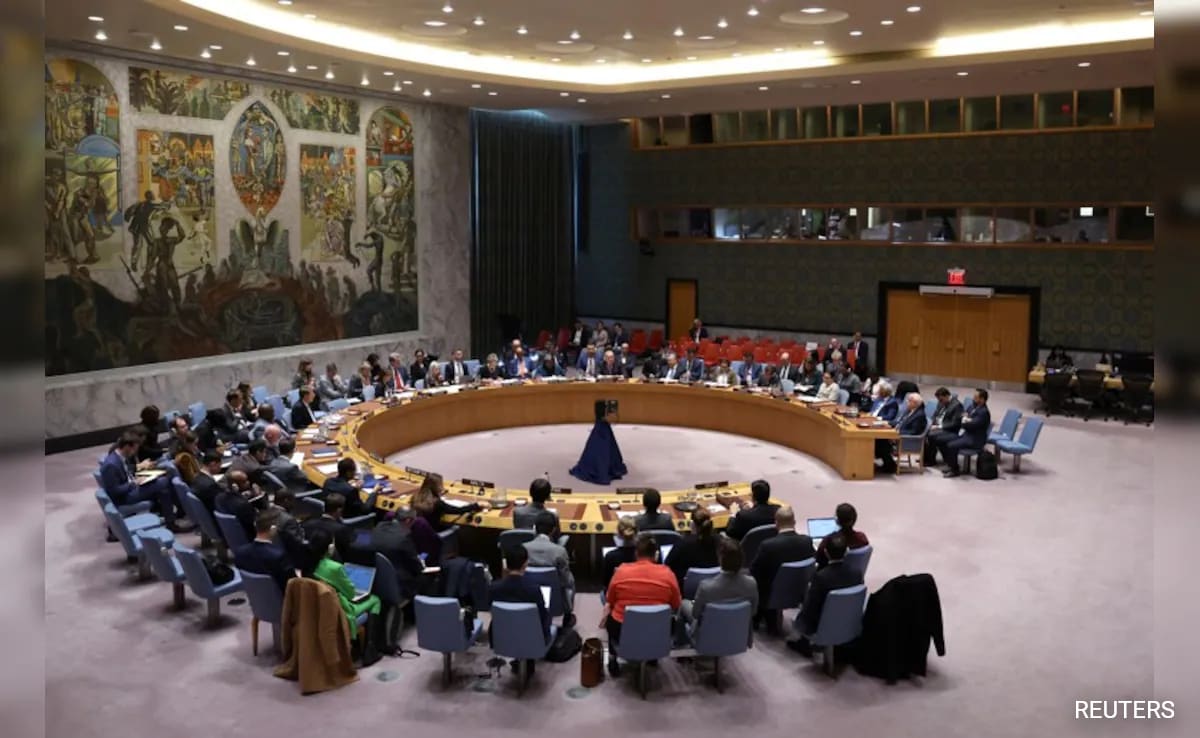Faith vs. Fairness: India Challenges UN Security Council's Regional Representation Dilemma

India has firmly denounced efforts to inject religious or faith-based criteria into the selection process for a restructured United Nations Security Council. In a strong diplomatic stance, the country emphasized that representation should be based on substantive, merit-driven principles rather than divisive religious parameters.
During recent international discussions about UN Security Council reform, India's representatives highlighted the importance of maintaining a fair, inclusive, and geopolitically balanced approach to council membership. The nation argued that introducing religious considerations would undermine the fundamental principles of multilateralism and equal representation.
By rejecting such narrow categorizations, India is advocating for a more comprehensive and equitable framework that focuses on nations' capabilities, contributions, and strategic significance in global governance. The country's position underscores its commitment to promoting a transparent and principled approach to international diplomatic institutions.
This principled stand reflects India's broader vision of fostering inclusive global dialogue and resisting attempts to fragment representation based on religious or sectarian lines. The message is clear: the UN Security Council should be a platform for collective global interests, not a arena for religious differentiation.
